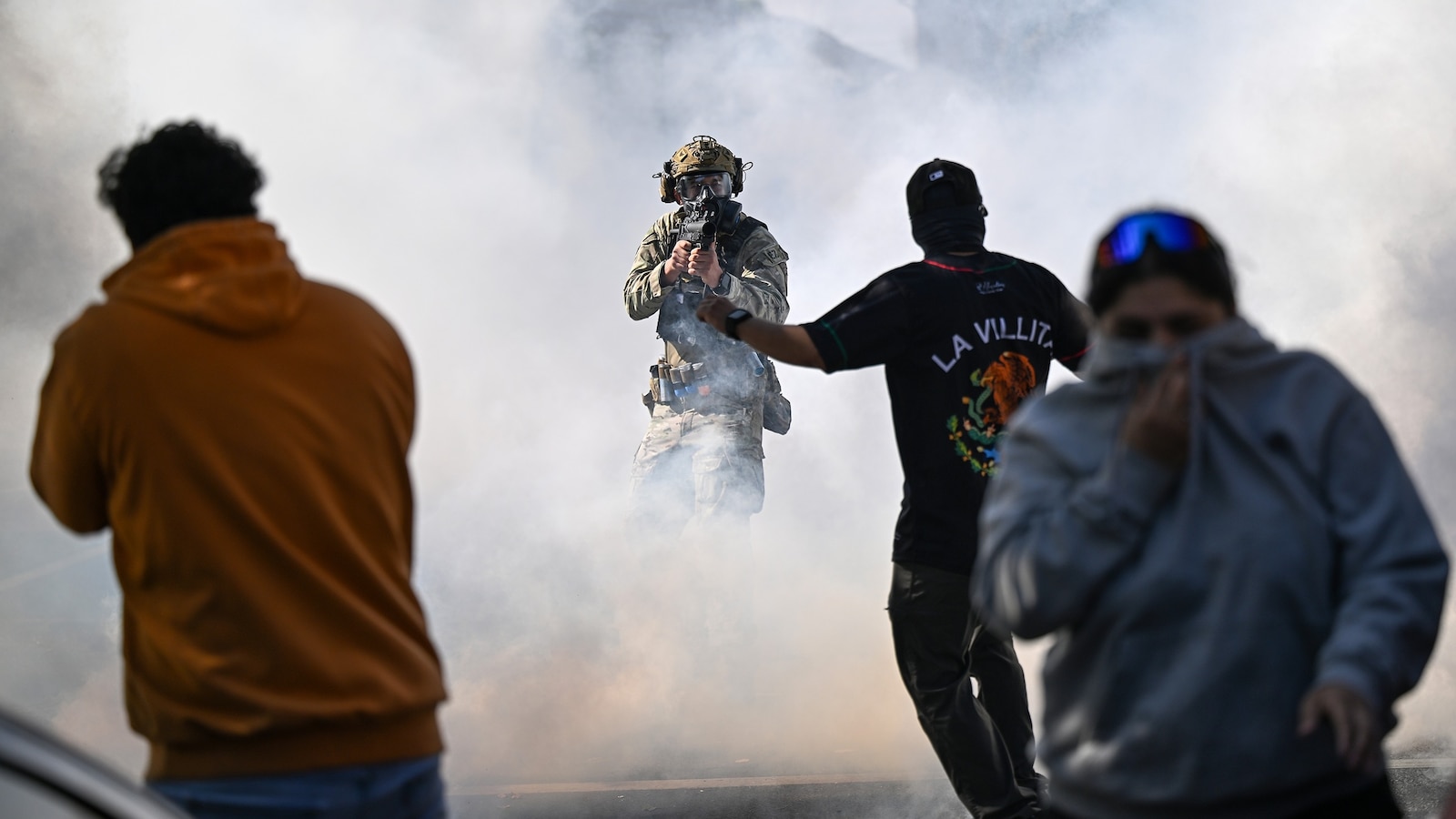President Donald Trump has demanded the imprisonment of Illinois Governor J.B. Pritzker and Chicago Mayor Brandon Johnson, accusing them of neglecting to safeguard U.S. Immigration and Customs Enforcement (ICE) officers amid escalating protests over intensified immigration enforcement. A federal appeals court upheld a lower court’s injunction blocking the full deployment of National Guard troops in Illinois, while Operation Midway Blitz has resulted in over 1,000 arrests of undocumented migrants in the Chicago area, according to the Department of Homeland Security. The administration has federalized 300 Illinois and 400 Texas National Guard troops to secure federal sites in Chicago and beyond, a step decried by state and city leaders as an unconstitutional intrusion and discriminatory tactic, prompting lawsuits from Illinois and Chicago to halt the operations.
Trump said, “Chicago Mayor should be in jail for failing to protect (U.S. Immigration and Customs Enforcement) Officers!” He added, “Governor Pritzker also!”
…
Bovino said, “I doubt the governor could fill custard in a pie factory if it came down to it, but what he is adept at is placing his citizens, his law enforcement officers, and his state in jeopardy at the hands of criminals.” Bovino added, “It’s plain and simple: he doesn’t care.”
https://www.msn.com/en-us/news/us/trump-escalates-feud-with-illinois-over-immigration/ss-AA1Pb2PK







